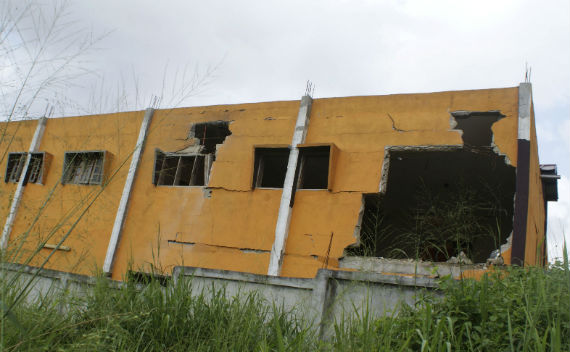Low School Attendance Marks Slow Recovery for Ivory Coast
More on:

In the aftermath of more than a decade of civil war, it is easy to forget that the country was once the most developed in West Africa, and that Abidjan was the metropole of the region. The United States built a huge embassy during the glory days in anticipation that it would be a regional administrative service center for all of West Africa. Completed in July 2005, much of the compound remains underused. Since Alassane Ouattara’s victory over Laurent Gbagbo with substantial French and UN help, Ivory Coast is largely off the world’s radar screen.
The school year opened last week. The low attendance levels are a marker of the profound damage that civil wars and population dislocation have caused the Ivorian people. In western parts of the country, most schools are still closed in part because children who fled to Liberia have not yet returned, according to the respected non-governmental organization (NGO) Save the Children. Attendance is also low in Abidjan: in some locations, only 10 percent of students are in class. Anecdotes abound of the non-return of children who fled the city during the fighting.
UNICEF spokespeople observe that the pervasive poverty now characteristic of the country also plays a role in low school attendance. While education in Ivory Coast is free, parents still must pay for school uniforms and meet administrative requirements, such as providing birth certificates. UNICEF is also providing training to teachers to help them identify signs of juvenile trauma.
The quality of education also appears to have declined. According the director of primary and secondary schools in the ministry of education, the pass rate for secondary school admission examinations was 57 percent, compared with the normal 70 percent. The pass rate for the prestigious Baccalauréat dropped to 21 percent from 34 percent.
More on:
 Online Store
Online Store